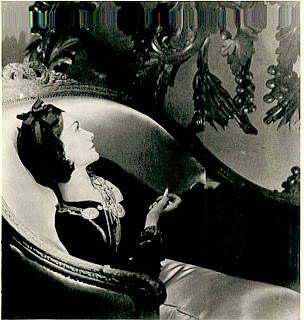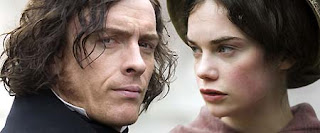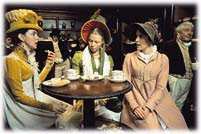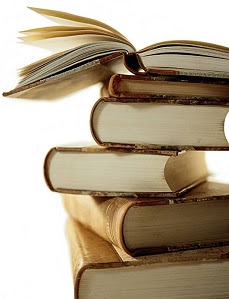 I’m reading one of my new research acquisitions, In the Family Way: Childbearing in the British Aristocracy, 1760 – 1860 by Judith Schnied Lewis, Rutgers U Press, 1986. (Do you have THIS one, Kalen???).
I’m reading one of my new research acquisitions, In the Family Way: Childbearing in the British Aristocracy, 1760 – 1860 by Judith Schnied Lewis, Rutgers U Press, 1986. (Do you have THIS one, Kalen???).
My heroine is going to have a pregnancy and birth in my new work-in-progress, so purchasing this book was a necessity! It promises to be interesting reading.
In the first pages (as far as I’ve gotten), Lewis makes the case for changing social values from 1760 to 1860, from the good of the group to the personal wishes of the individual. Her population of study is the British aristocracy and in addressing this issue, she says:
Whether family members chose to address each other by name or title is not only a sign of their perceived intimacy, it is also a clue to whether they see that relationship as predominantly a public or private one. It is thus one good index for tracing the role of domesticity.
Lewis talks about an evolution of the more formal modes of address before 1800 to more informal terms of address in the mid-1800s. So in 1780s, she says, Lady Stafford referred to her husband as Lord Stafford (and vice versa) and Lady Sarah Napier always wrote of her husband as Col. Napier. (I always think about the Bennetts in Pride and Prejudice calling each other Mr. and Mrs.). As time goes on, Lewis states that informal address, given names or nicknames, tend to appear–the Duchess of Bedford calling her husband Johnny, for example; the Earl of Scarborough referring to his wife, the Countess Fredericka as “dear Freddy.”
Lewis makes the point that: This switch to informal and even casual modes of address is significant in two ways. First, it clearly indicates that the individual takes precedence over the rank that he or she holds…Second, this verbal transformation identified varying levels of intimacy among people.
Gee. Another example of the Regency, occurring smack dab in the middle of this period, being a time of transition. Something more to think about – the clash of the needs of the group/family vs the needs of the individual; the changing nature of terms of address. This isn’t any surprise, really, but it is interesting to read about it in the context of how members of the aristocracy address each other.
Names are such a confusing area of writing Regengies. Just getting titles right is a daunting task, and presenting the variety of names one person holds and making it make sense to the reader is a challenge. I have a particular problem in this current wip. My hero is a minor character in Innocence and Impropriety and in the January 2008 book, The Vanishing Viscountess. He’s called “Pomroy” or “Pom” by his friend, Tanner (whose given name is Adam Vickery and whose title name is Tannerton). My editor said “Pom” is a derogatory term. The dictionary defines it as: n. – A disparaging term for English immigrants to Australia or New Zealand. Who knew?
So my hero can’t be Pom. To solve this dilemma I came up with a great uncle who conveniently has died so Pom’s father inherits a new title, Earl of Varney (or is it Varcourt?), thereby giving Pom his lesser title as a courtesy, making Pom Viscount Cavanley. I am trying to incorporate this convolution in the plot so it will mean something and not merely make readers eyes glaze over.
And I’m having Pom and the heroine using first names. Pom’s first name is Adrian, which could be a female name, but I liked it and enough is enough already!
At least Lewis’s book has made me feel that this first name basis made historic sense. It is always my modern, American inclination to make all my Regency characters use first names, but that is something that doesn’t fit the history, so I tend to swing to the other extreme of confusing accuracy.
Am I obsessing about this unnecessarily? Does anybody care if Regency names or titles are used correctly or not?
Cheers!
Diane
*Excellent website for getting titles correct: http://chinet.com/~laura/html/titles01.html







